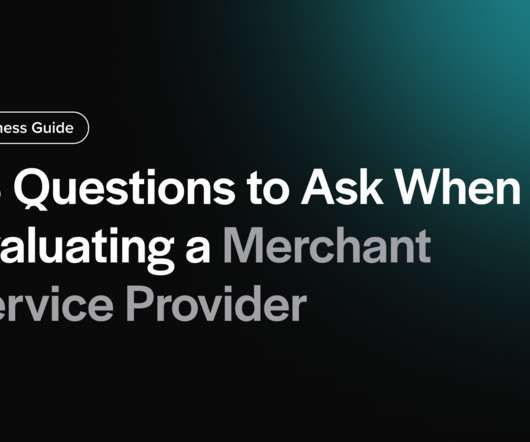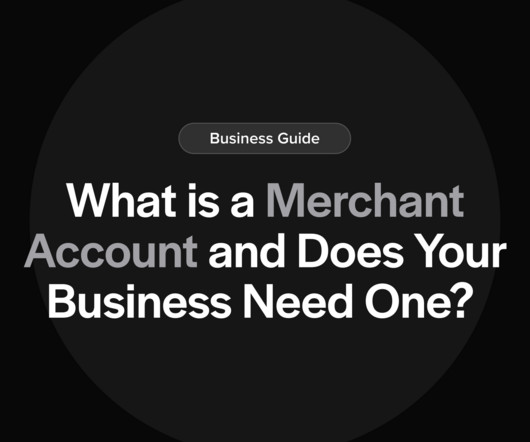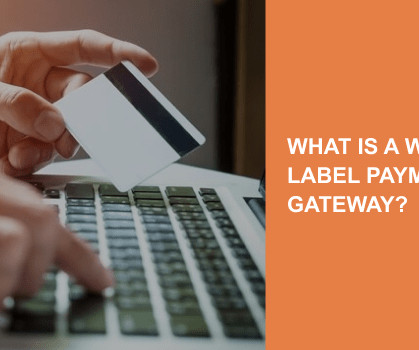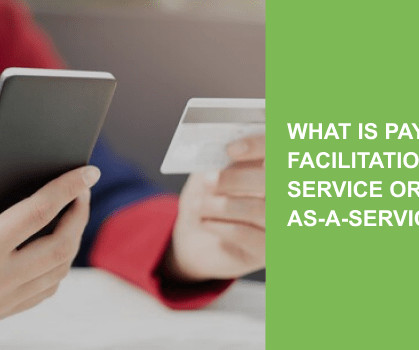13 Questions to Ask When Evaluating a Merchant Service Provider
EBizCharge
NOVEMBER 12, 2024
A merchant services provider (MSP) is an intermediary between banks, card networks, and merchants, ensuring smooth and secure transactions between businesses and their customers. MSPs provide payment technology that enables businesses to process digital payments, such as credit, debit, and ACH/eCheck transactions.


















Let's personalize your content